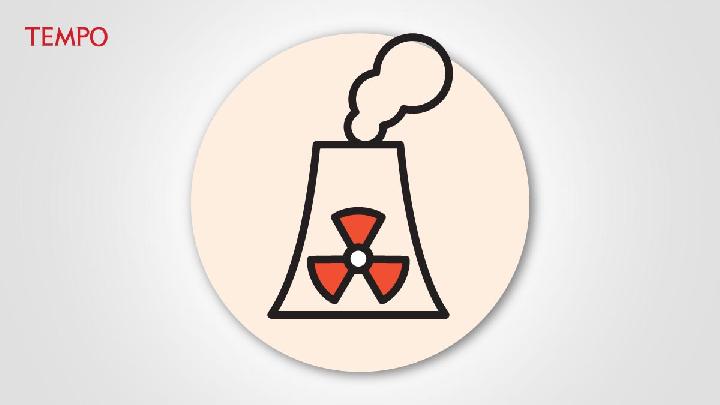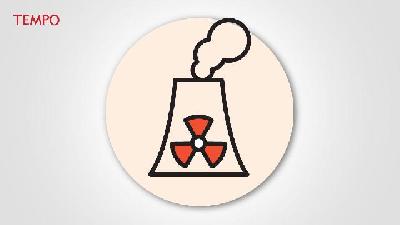The Hasty Move to Nuclear Power
Monday, December 16, 2024
The Prabowo administration has ambitions to start building a nuclear power plant next year. There are many aspects still open to question.
arsip tempo : 174568904619.

QUESTIONS should be asked about the ambition of Prabowo Subianto’s administration to start building a nuclear power plant (PLTN) next year. The public have the right to know whether all the necessary conditions have been met and the relevant studies completed given the risk of highly dangerous errors in the construction of a PLTN, both in terms of public safety and environmental protection.
The Energy and Mineral Resources Ministry claims that it has met 16 of the 19 conditions for the construction of a nuclear power plant as laid down by the International Atomic Energy Agency. The remaining unfulfilled conditions, according to the government, are an explicit government policy, management through the establishment of a Nuclear Energy Program Implementing Agency, and the comprehensive involvement of stakeholders.
The requirements that have been met, according to the government, include a national political position, nuclear safety and security, a legal framework, radiation protection, environmental protection, funding, the development of human resources, and provision of a location and supporting facilities. However, some of these government claims are open to question.
With regards to the national political position, for example, the National Energy Council claims that the political position regarding nuclear power was laid out in a statement made by Hashim Djojohadikusumo at the COP29 United Nations Climate Change Conference in Azerbaijan last month. It is true that at this forum, Hashim said that the government was committed to constructing a 5-gigawatt PLTN by 2040 as part of the plan to supply 75 gigawatts of renewable energy that year.
The problem is that Hashim’s statement cannot be considered as a national political position. Although he is the younger brother of Prabowo, and claims to be a special presidential envoy for energy, Hashim is not an official with any authority to determine national energy policy. Furthermore, Hashim’s track record of frequently making statements that have to be subsequently corrected calls his credibility into question.
From the aspect of the legal framework, the government still needs to explain the change to the policy regarding nuclear energy. At present, under the New and Renewable Energy Law, nuclear energy is the final option. But the government plans to change it into the main option as a way of balancing renewable energy in order to achieve the zero emissions target by 2060.
The plan to switch to nuclear energy only makes sense if the government has already maximized the exploitation of the abundant renewable energy sources in Indonesia, such as power from water, the sun, wind, and the sea. If the potential renewable energy has not yet been exploited optimally, a hasty switch to nuclear power could lead to many serious problems.
The government should realize that nuclear power also has a negative impact on the environment, although not as much as that from coal-fired power stations. One example can be seen from Germany, which last year decided to close all of its nuclear power stations claiming that they were neither environmentally friendly nor sustainable.
Criticizing the ambition to build a nuclear power plant does not mean we are anti-nuclear. Given the huge risks accompanying the construction of PLTNs, the government should ensure that all of the conditions are met in a transparent fashion. The main priority must be to continue to maximize renewable energy, not hastily take measures that come with high risks.











